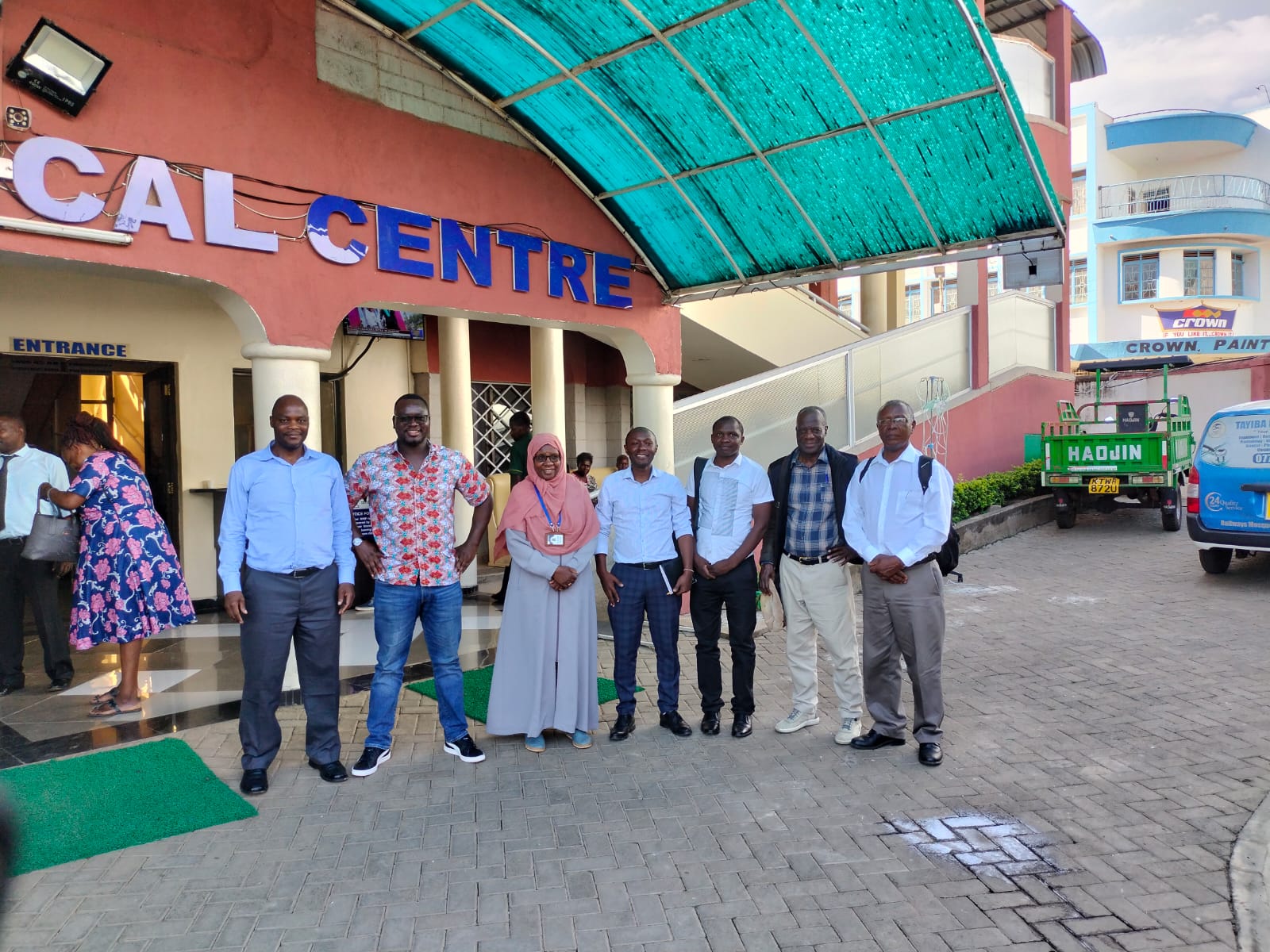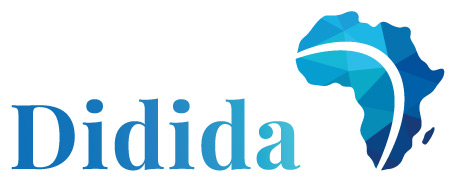Fostering Collaboration for digital health advancements: DIDIDA project team’s Visit to Kisumu County in Kenya
The DIDIDA project team responsible for integrating the new technology into existing health data infrastructures embarked in May on an important visit to Kisumu County, Kenya.
Through a series of meetings, this visit was an opportunity to forge strong relationships with key stakeholders on the ground and to foster collaboration for the successful implementation of the health data use part of the project. The use of health data is a crucial point in the DIDIDA project and requires full alignment of the different stakeholders on what data to share, what data is relevant, how to share it and of course privacy protection.
The visiting team comprised representatives from PharmAccess Foundation, an international NGO with Offices in Kenya that is leader in making the key links with the local healthcare ecosystem and also developing and rolling out of the digital ecosystem. Strathmore University, the African Population and Health Research Centre (APHRC) and Kenya Medical Research Institute (KEMRI) are leading institutions in research in the healthcare sector and will be responsible for onboarding and supervising the PhD students that will be studying the various components of the project in Kenya.

The county has shown enthusiasm for DIDIDA project and has pledged to support it
At the county offices, the DIDIDA team had the privilege of meeting the Director General and key staff from the Ministry of Health, and of delving deeper into key areas such as digital health, partnerships and the overall vision of the project. It was agreed that the DIDIDA project offered real potential to improve health in the region through effective health data collection and holistic, collaborative use. The current management of the county has shown enthusiasm for our project and has pledged to support us in helping promote the development of health data use in the region. “As a county we are keen on digitalization and the value it creates in our ecosystem; we have a team set up to ensure we are on track led by a senior colleague in the department. Your partnership through the DIDIDA project will add value to us and we look forward to more collaboration and regular updates. We are keen to add value and help as much as possible,” Dr Luci Ojwang’, Chief Officer, Department of Health, Kisumu County.
Working towards collaboration between the public and private sectors
A crucial insight that emerged from the meetings was the need for collaboration between the public and private sectors. In order to ensure the implementation of the technology developed by the DIDIDA project within African health systems, the project teams invited private sector hospitals to the discussions. They expressed, among other things, the willingness to benefit from capacity building through training in order to actively participate in the development of the healthcare ecosystem.
A consensus was reached among both public and private sector stakeholders regarding the significance of digitalization and streamlined data processes. The aim is to eliminate duplication of activities and enhance overall efficiency in healthcare service delivery. This alignment highlights the collective understanding of the need for data-driven systems to optimize healthcare provision. Building upon these key insights, the DIDIDA team outlined the next steps to propel the collaboration forward, in particular on a critical component of the project’s infrastructure: the Data Warehouse.
Want to know more?
Are you a student and you want to learn more? A researcher seeking to consult our publications? A citizen eager to better understand the issues? A decision-maker who can promote this innovation? A journalist looking for an engaging story to tell?
